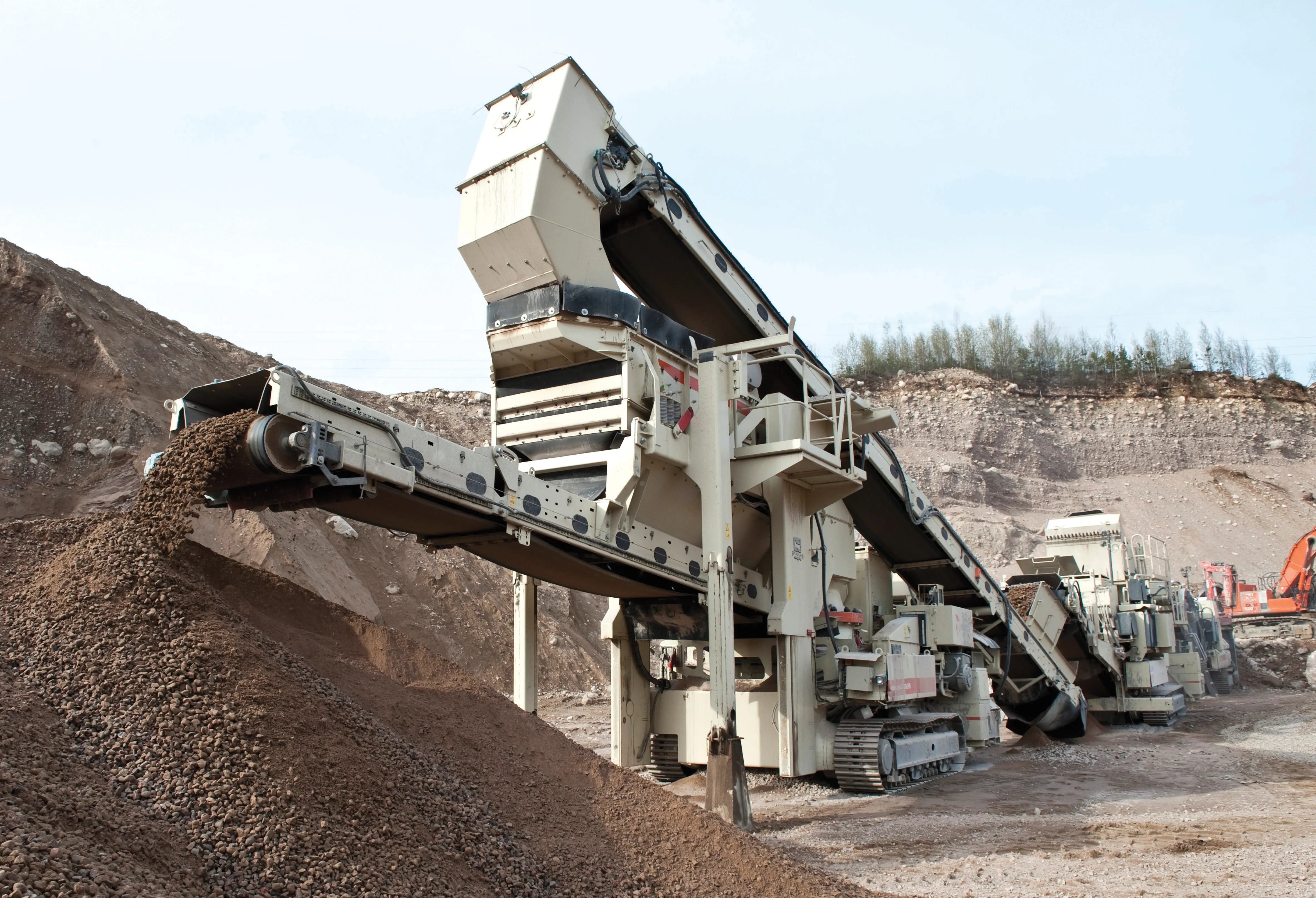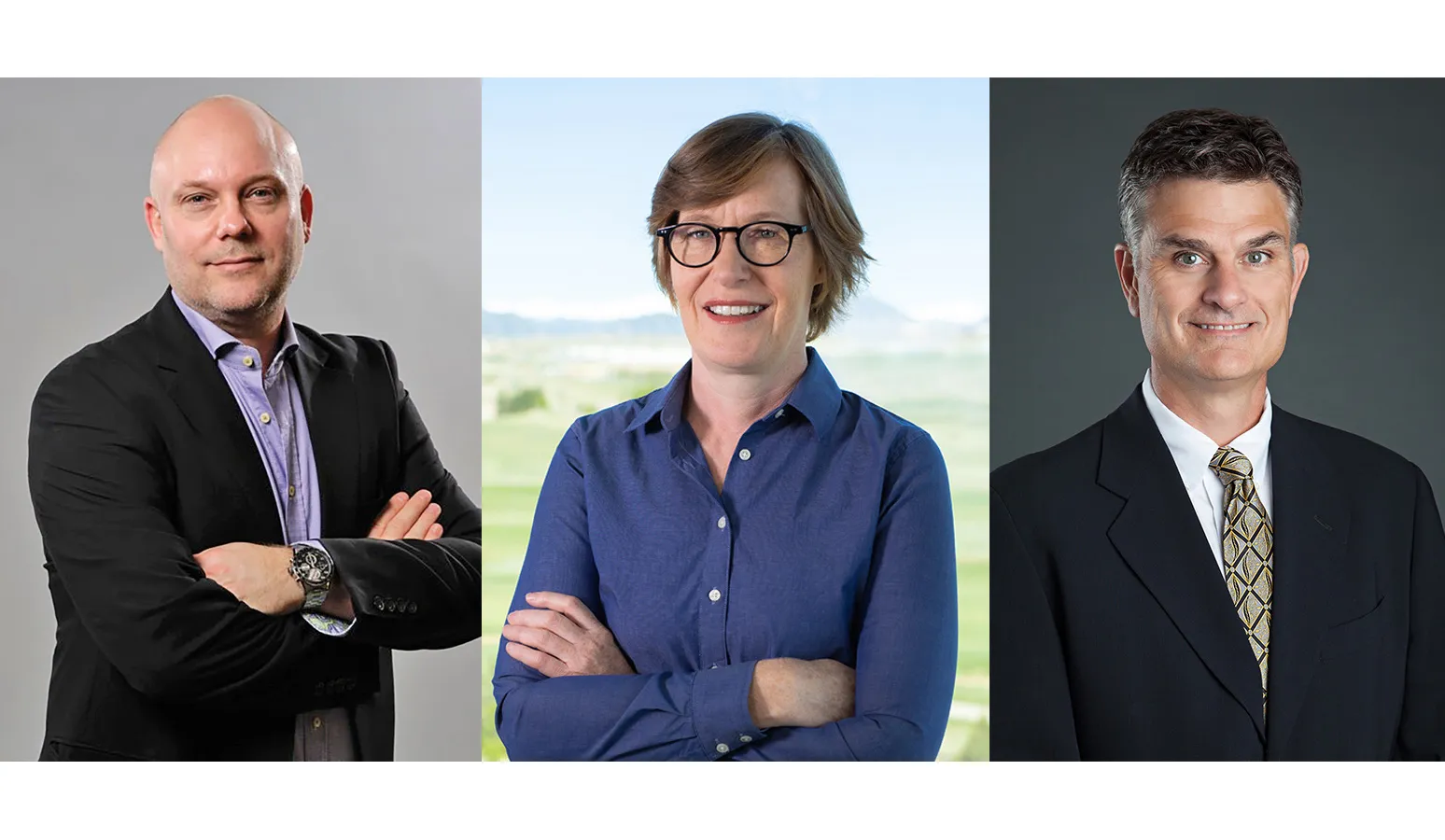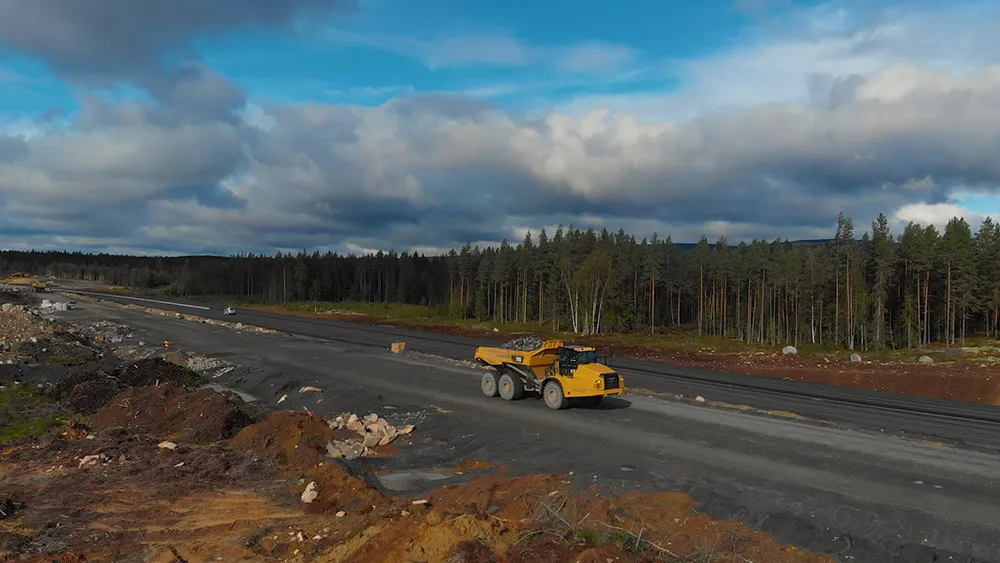
Left unchecked, these issues will continue to grow in time. In fact, global transport activity will more than double by 2050, due to population growth and economic development. Any currently expected emissions reductions will thus be more than offset by the increased demand for transport. This means that it is vital to raise the collective ambition to ensure that we provide a sustainable transport system is safe, accessible, green and efficient.
A sustainable transport network needs to be delivering across these four areas and it is important to understand how these are inter-connected. For instance, the social factor of sustainability is one that is often overlooked, yet, it is critical in order to decarbonise, as people need to change their behaviour. As an example, providing subsidies for people to move to an EV is important, but this alone will not deliver the change needed, without considering the other factors, such as individual accessibility or financial sustainability.
The principle of “systems thinking” acknowledges that there are often multiple interventions to a problem, and recognises that these interventions that may not always be popular or perfect. By anticipating the impact of each trade-off, it is possible to minimise its severity or even use it for its own benefit. Systems thinking therefore allows the ability to make informed choices.
One of the key solutions to the funding dilemma that has proven successful is road pricing. From tolling of individual roads to a nationwide distance-based charging regime, fair rates force road users to think carefully about whether their vehicle is the best one for the job, leading to smarter vehicle choices. Sufficient revenue also means better maintained infrastructure, so travel uses a little less fuel, vehicles experience a little less damage, and assets are maintained optimally, each of these benefits bringing cost and carbon savings to the system. And, finally, if digital systems are used, a whole raft of further opportunities and impacts are unlocked.
Last, but not least, the sector must embrace the principles of circular economy, an economic system in which waste and resources are minimised by keeping them in use for as long as possible. In the context of roads, applying circular economy principles means designing and operating networks in a way that maximises the use of resources and minimises waste and environmental impact. The Ray, a non-profit charity and net-zero highway testbed in Georgia, US, has recently tested rubber roads where recycled tyres are added to the asphalt mixture of the pavement. Given that there are 1 billion end-of-life tyres generated each year and there are currently 4 billion such tyres in landfills and stockpiles worldwide, it is a prime example of using the circular economy model. Additionally, it was found that rubber roads reduce emissions from tyre tread by 30-50%, the reduced resistance generates fuel savings, and the roadway noise is reduced as well. The pavement life expectancy can be almost doubed, and safety is increased due to better grip and reduced hydroplaning, especially during heavy rain events.
Looking around the world, the current policies in place are not sufficient to get the reduction necessary to reach the global warming limit of 1.5°, or even 2°. By understanding and changing structures that are not serving us well - including mental models and perceptions, it is possible to expand the choices available and create more satisfying, long-term solutions to chronic problems.

This generation has a big challenge to ensure that children and grandchildren will be able to live a decent life and it is time for all hands on deck and to think big and think outside the box. Use what is there already, improve it and continue to innovate.
Nina Elter is founder and CEO of NEwROAD Consulting, a strategy consultancy with the mission to accelerate the move to a sustainable transportation system and a NetPositive future. She brings 20+ years of experience in transportation and technology, with a focus on infrastructure funding, safety applications and sustainable development.









